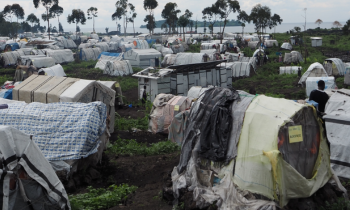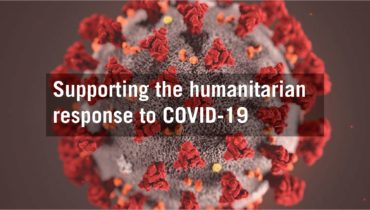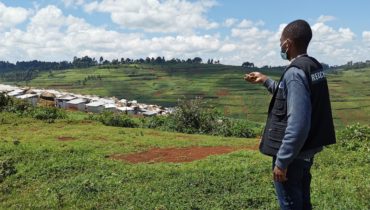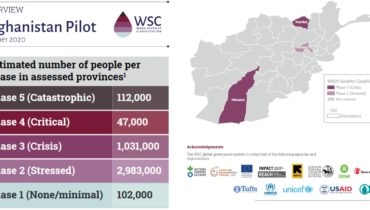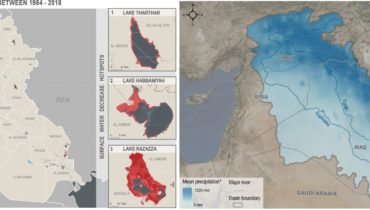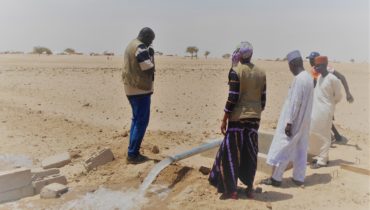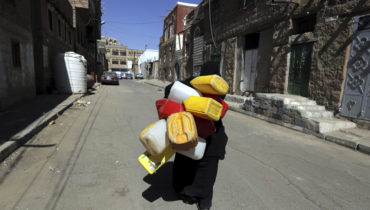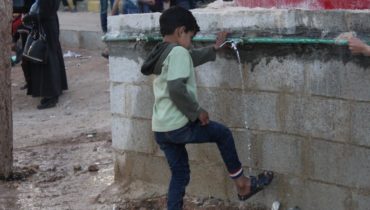DRC: Displaced people in Kasai face large-scale destruction of shelter and water shortages
24 October 2018
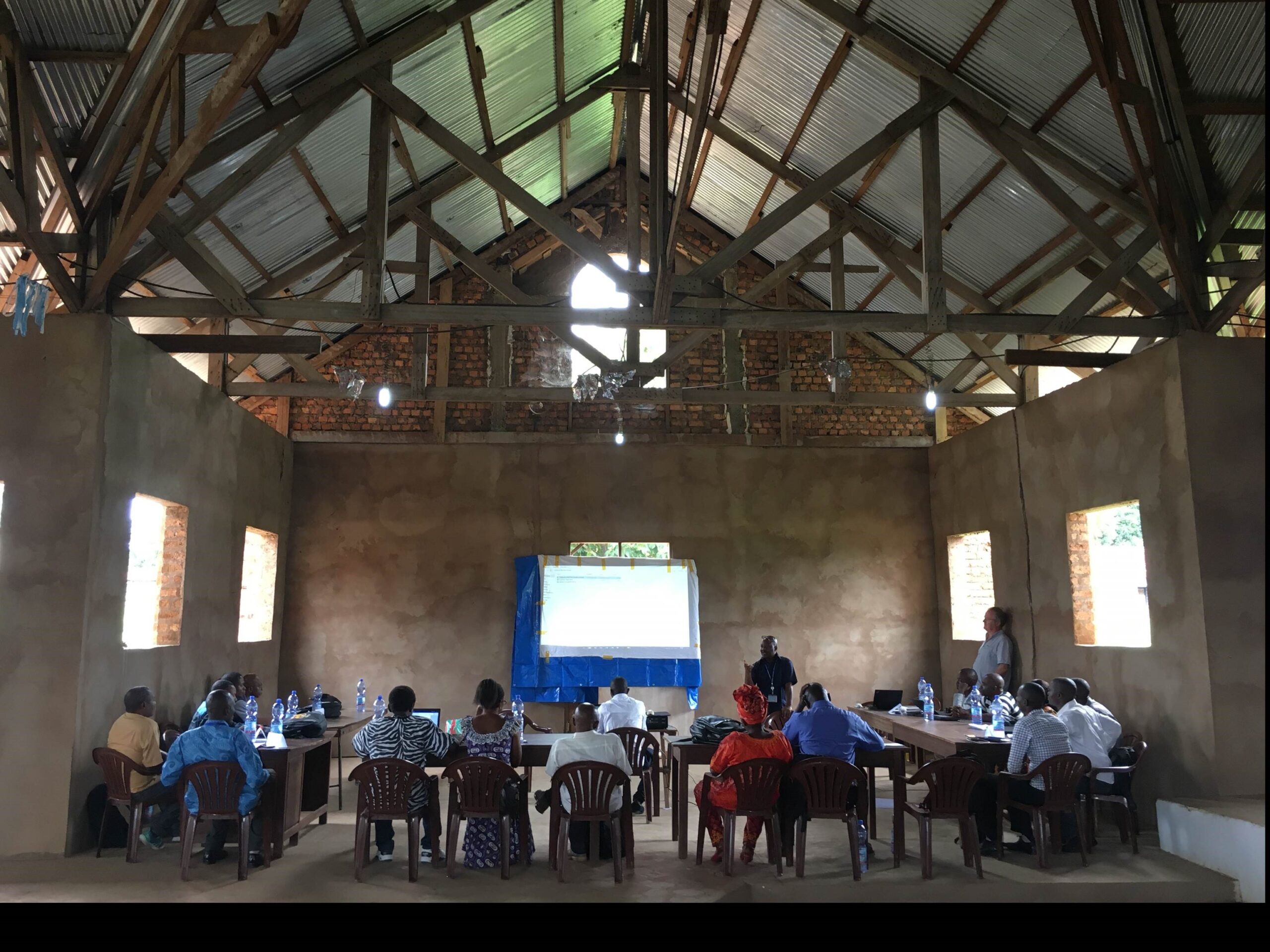
Training of enumerators in Tshikapa ©REACH/2018
During 2017 conflict expanded across the Great Kasai and intensified in the eastern provinces of the Democratic Republic of Congo. This escalation has exponentially driven up humanitarian needs and jeopardized development endeavours. Today, the country hosts more than 4.5 million internally displaced people (IDPs), more than any other African country.
To inform the humanitarian response in one of the most severely affected provinces, REACH supported the WASH and Shelter clusters in implementing a joint assessment in Kasai Central. Thanks to 16 partners, most of them local NGOs, which mobilised resources on a voluntary basis, the assessment covered 75% of Aires de Santé, which are an administrative sub-division of the Province. The assessment relied on a key-informant (KI) methodology, with interviews collected at the Aire de Santé level and then aggregated at the Zone de Santé level. In total, about 600 KI interviews were collected in about 15 days from mid-January to the beginning of February 2018.
Findings show that over 100,000 shelters were destroyed as a result of the conflict and the reconstruction is hampered by households’ lack of financial means. As a result, in 14 out of 25 Zones de Santé, IDPs were reported to live in precarious conditions including open air, informal sites, collective centers. Access to drinking water remains a serious challenge, with improved water sources providing the main source of drinking water in only 9 Zones de Santé. The sanitation situation is also very concerning, as in three quarters of Aires de Santé only a minority or nobody has access to functioning latrines
In a province nearly the size of Switzerland, humanitarian actors have striven to assist a growing number of people since the beginning of the crisis. With critical humanitarian needs remaining unmet though, scaling-up humanitarian assistance in the province is as urgent as ever.
Please find here the assessment on level of the Province and the Zone de Santé.


